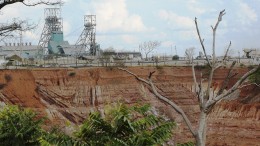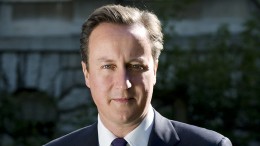The toxic effect of Abengoa: markets worry about Spain’s companies
The global economy in general, and the Spanish economy in particular, are experiencing turbulent times. China, the emerging markets, raw materials, the weak recovery, inflation or exchange rates are entangled with the domestic problems of each individual country. In Spain, these are focused on a political map with a lot of question marks and a worrying level of private debt, which Abengoa’s crisis has accentuated.










